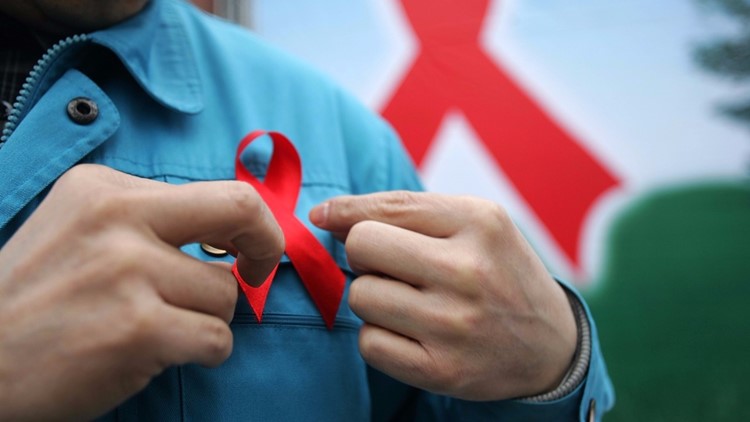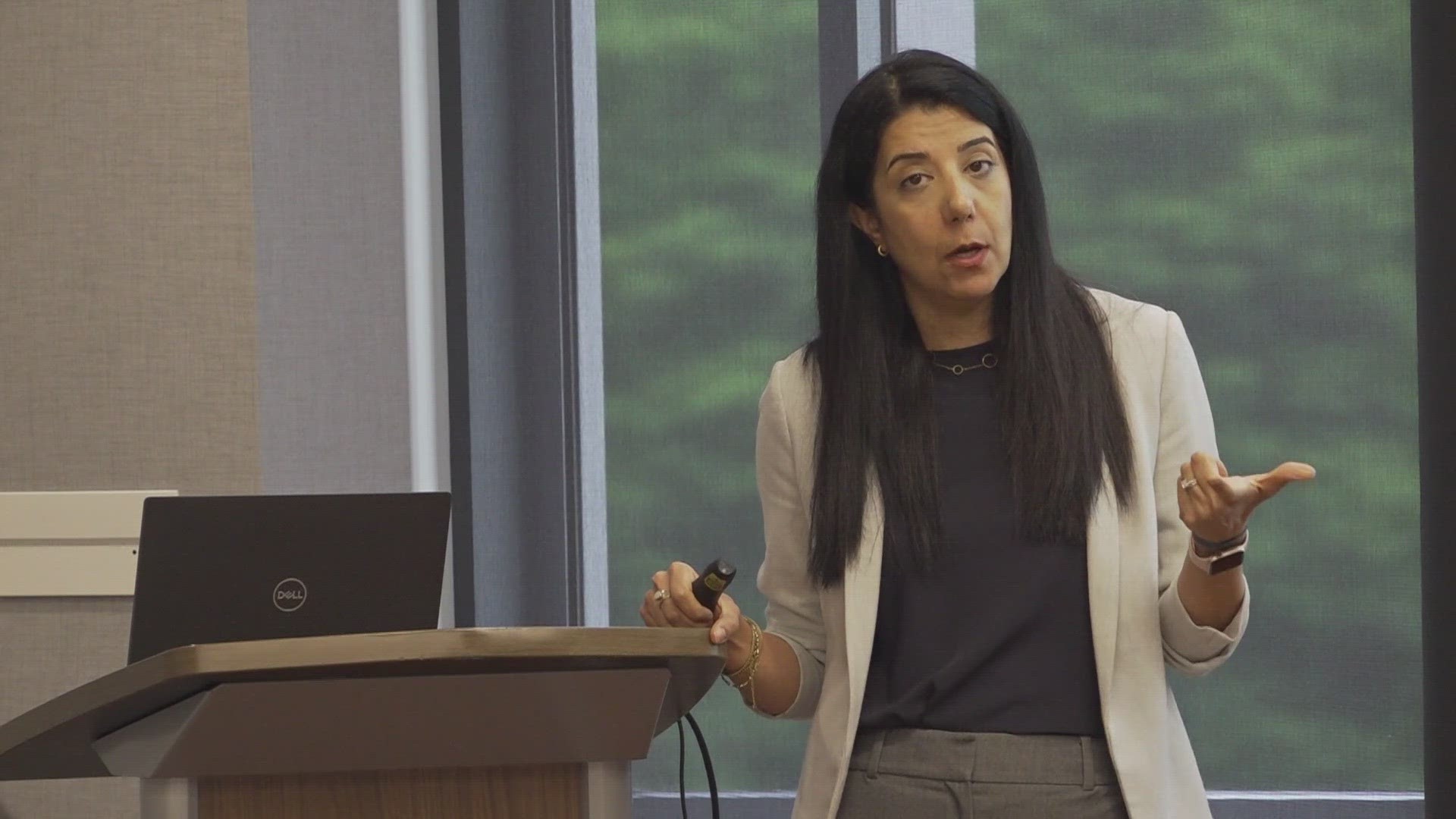Thursday is World AIDS Day. More than three decades after the virus was first discovered, 5,753 people will become HIV infected today.
About the same number will become infected tomorrow, and the same number the day after that. While it is true that two-thirds of people living with HIV are in sub-Saharan Africa, HIV is a disease of the vulnerable and the poor everywhere. Globally, half of those living with HIV are women.
Much less is known about the levels of infection among other vulnerable populations who may be forced to hide their risk, such as men who have sex with men, or drug users, or those whose risk is less appreciated or simply ignored, such as refugees and migrants or the disabled.
In the U.S. alone, between 40,000 and 50,000 Americans test HIV positive for the first time each year, with African-Americans and Latinos vastly overrepresented. This has been the case for the last two decades. Every year, the number of people in the U.S. who learn they are now living with HIV is equivalent to the number of people who live in the city of Annapolis, Maryland.
Why aren’t we screaming and jumping up and down with fury at the sheer magnitude of the AIDS epidemic? As an HIV prevention researcher for more than two decades, I conducted a rather unscientific survey to find out. I asked a smattering of people in their 20’s – a cohort known for their willingness to jump up and down in fury – what they would like to know about HIV that they didn’t know already.
What I found is that younger people see AIDS as a chronic medical condition rather than a death sentence. However, they also expressed a general feeling of unease that, even though they didn’t often think or talk about it, HIV is a bigger problem than is let on by the general media.
They suspect but don’t fully appreciate the social factors that make HIV/AIDS so hard to prevent and ultimately eradicate. They, like many of us, may not understand that AIDS is fueled more by poverty, discrimination and social injustice than anything else. This, I believe, is a main reason for the disease still being rampant.



